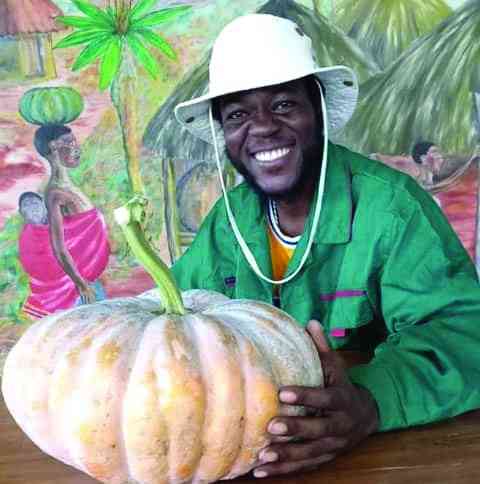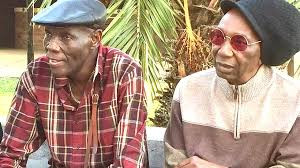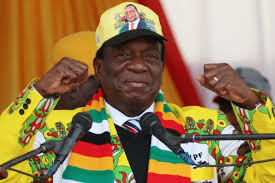
Rising filmmaker, performing poet, and creative writer Tawanda Gabriel Tanyanyiwa has called on Zimbabwe’s creative community to embrace multiple income streams, warning that the days of relying on donor funding and charity are fast disappearing.
Tanyanyiwa said climate change and global economic shifts have reshaped donor priorities, leaving the arts industry increasingly vulnerable.
“We are slowly moving into a disruptive wave that is likely to continue displacing artists. Many will be forced to commit to art out of passion more than income,” he said.
Tanyanyiwa, who trained in theatre under the late arts legend Cont Mhlanga at Amakhosi Arts Centre, reflected on the cyclical challenges of Zimbabwe’s creative sector.
“At the dawn of colonialism, many of our arts pioneers died with nothing.
“They were dismissed as vagabonds, yet today we celebrate them as heroes. Later, donor support made life easier, but sanctions and economic decline eroded those gains, leaving the sector exposed,” he explained.
The 34-year-old artist warned that those who remain in the industry during downturns risk exploitation by markets with limited options for survival.
He likened the looming challenges to the struggles faced by celebrated literary icon Dambudzo Marechera, who sacrificed personal comfort for art.
- Painter Chirara exports dream to US
- Ezimnyama Dance Ensemble vows to conquer Africa
- Art positively exposes societal problems: Masike
- Artistes side hustle to make ends meet
Keep Reading
“Some artists will be turned into destitutes because of rejection, while others will live longer than expected because their passion for the industry surpasses even self-love and family love,” he said.
Despite these challenges, Tanyanyiwa believes that creativity remains a calling for the resilient.
He has published three books—Life (2016), Take Me Back (2016), and Ancient Wisdom (2016)—and produced several documentaries, including Blacksmith (2022), his latest 30-minute film supported by his late mentor Cont Mhlanga.
With the arts industry facing uncertain times, Tanyanyiwa’s call is clear: for artists to survive, they must think beyond performance and publication, seeking innovative ways to sustain their craft.











